ホンマゴルフBe ZEAL 535 9.5°
(税込) 送料込み
商品の説明
クラブ種別 ドライバー 状態(総合ランク)
ランクについてC 番手 1W 傷状態 ヘッド上部 C シャフト VIZARD for Be ZEAL(535 ドライバー) ヘッド下部 C メーカーフレックス S フェース C フレックス S シャフト B 発売時クラブセット組合せ内容 グリップ オリジナル 傷あり 本商品クラブセット組合せ内容 ヘッドカバー 純正品(普通) クラブセット実本数 0 年式 メーカーカタログ情報 お店からのコメント/商品状態
| ヘッドロフト角(°) | 9.50 | クラブ重量(g) | 296.00 |
|---|---|---|---|
| ヘッドライ角(°) | 59.50 | 利き手 | スタンダード |
| ヘッド体積(cc) | 460 | シャフト長(インチ) | 45.750 |
| 性別 | メンズ |
※メーカーカタログ情報のため、実商品と異なる場合がございます。
7135円ホンマゴルフBe ZEAL 535 9.5°ドライバーアイアンホンマゴルフ ビジール535 (Be ZEAL 535) アイアン ALLOY BLUE SORA スチールシャフト R300/S200 トゥルーテンパーアロイブルーソラ 空 5本セット(#6〜#10)
![楽天市場】[半額以下 アウトレット] 本間ゴルフ Be ZEAL 535 単品](https://tshop.r10s.jp/honmagolfonline/cabinet/item01/bz535-irc_1.jpg)
楽天市場】[半額以下 アウトレット] 本間ゴルフ Be ZEAL 535 単品
本間ゴルフ Be ZEAL ビジール 535 アイアン VIZARD for Be ZEAL

Amazon | 本間ゴルフ Be ZEAL ビジール 535 アイアン 単品 【カタログ

中古 ホンマゴルフ Be ZEAL 535 ドライバー 中古クラブを買う

本間ゴルフ (ホンマゴルフ) Be ZEAL 535 ドライバー【10.5° 】/VIZARD

ホンマゴルフ BeZEAL535 1W 9.5°EX-C55 | yoshi-sushi.ca
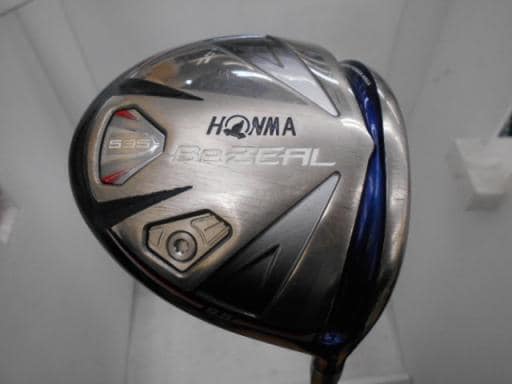
中古 ホンマゴルフ Be ZEAL 535 ドライバー 中古クラブを買う

本間ゴルフ HONMA ドライバー Be ZEAL 535 9.5° - 通販 - pinehotel.info
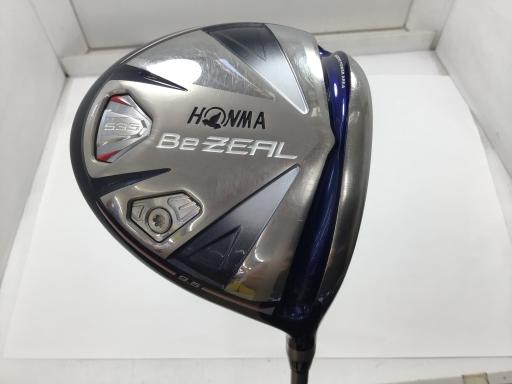
中古 ホンマゴルフ Be ZEAL 535 ドライバー 中古クラブを買う

Amazon.co.jp: 【中古品】ホンマ アイアンセット Be ZEAL(ビジール
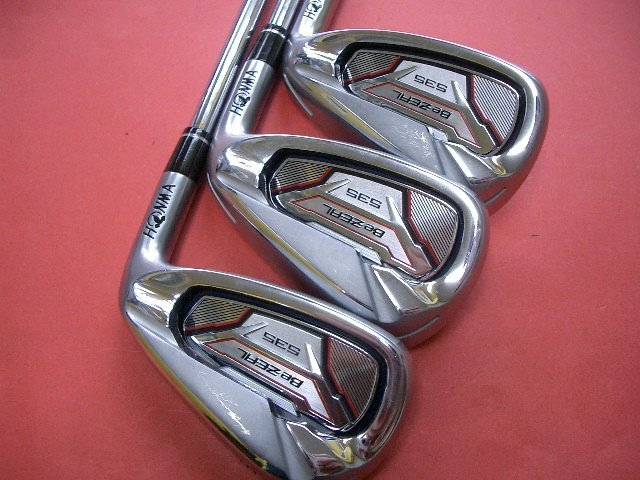
うのにもお得な情報満載! Be ホンマ ZEAL 3本セット! #5/#7/#9

中古 ホンマゴルフ Be ZEAL 535 アイアンセット 中古クラブを

本間ゴルフ ホンマゴルフ 中古アイアンセット Be ZEAL 535 5本の商品
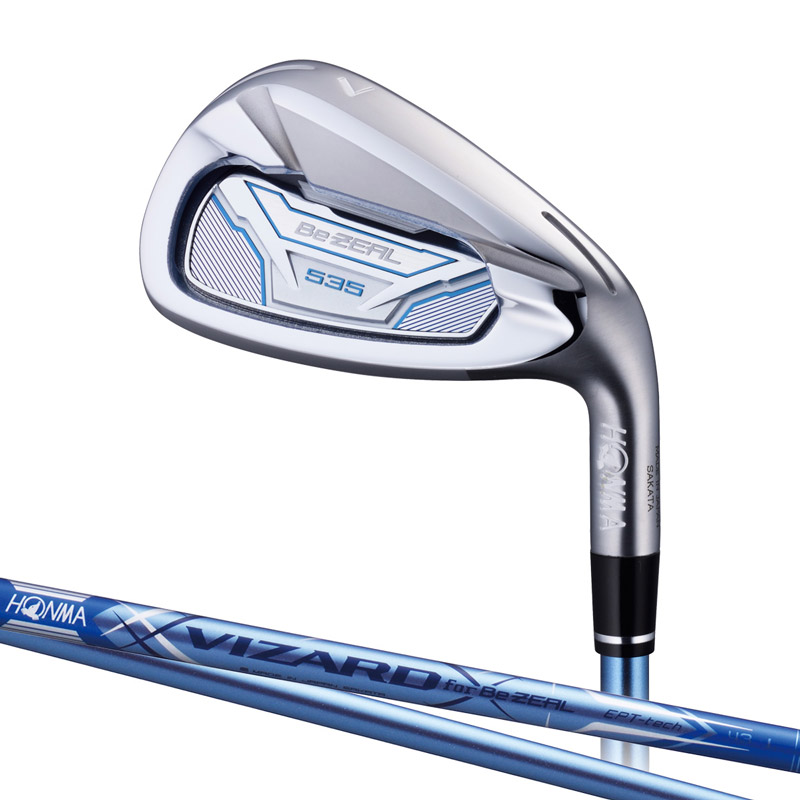
レディース,Be ZEAL 535 Ladies Iron | HONMA直営オンラインショップ

本間ゴルフ Be ZEAL535 ユーティリティ ビジール535 VIZARD for Be ZEALカーボンシャフト メンズ 右用
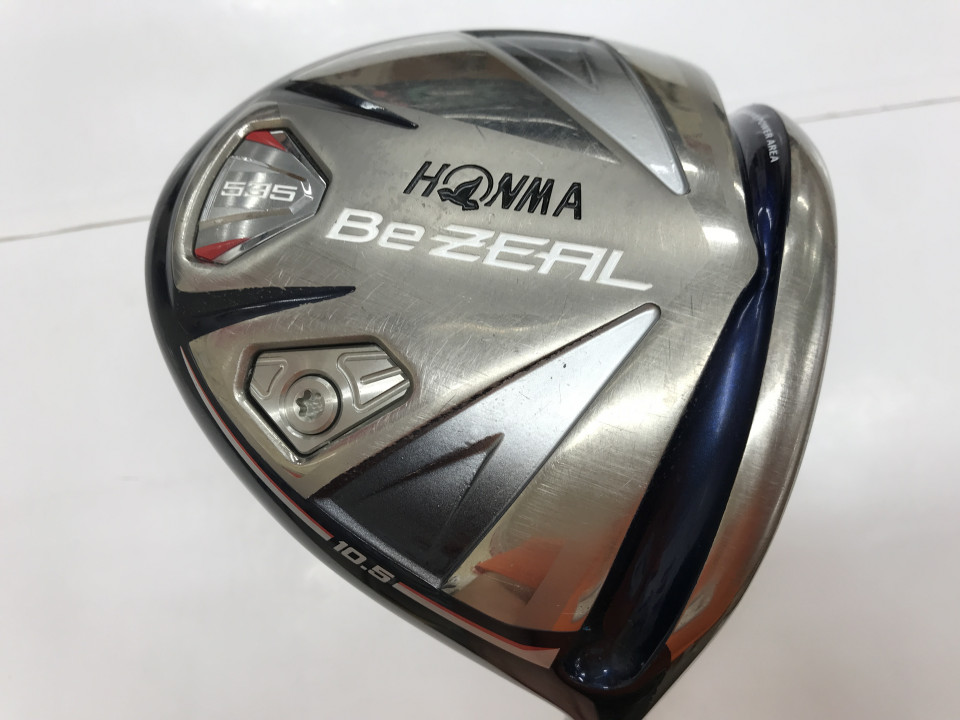
ホンマゴルフ Be ZEAL 535 1W VIZARD for Be ZEAL|ホンマゴルフ

本間ゴルフ ホンマゴルフ 中古アイアンセット Be ZEAL 535 5本の商品

返品保証付 HONMA Be ZEAL ビジール535 メンズ ゴルフクラブセット
ホンマゴルフ Be ZEAL 535 1W VIZARD for Be ZEAL|ホンマゴルフ

ホンマゴルフ ホンマ ゴルフ HONMA GOLF アイアン セット Be ZEAL ビジール 535 5本(6-10)

中古 ホンマゴルフ Be ZEAL 535 ドライバー 中古クラブを買う
ホンマゴルフ Be ZEAL 535 1W VIZARD for Be ZEAL|ホンマゴルフ

中古 ホンマゴルフ Be ZEAL 535 ドライバー 中古クラブを買う

Unused Ladies HONMA GOLF Be ZEAL 535 #5 Iron Flex-A VIZARD for Be

中古 ホンマゴルフ Be ZEAL 535 アイアンセット 中古クラブを
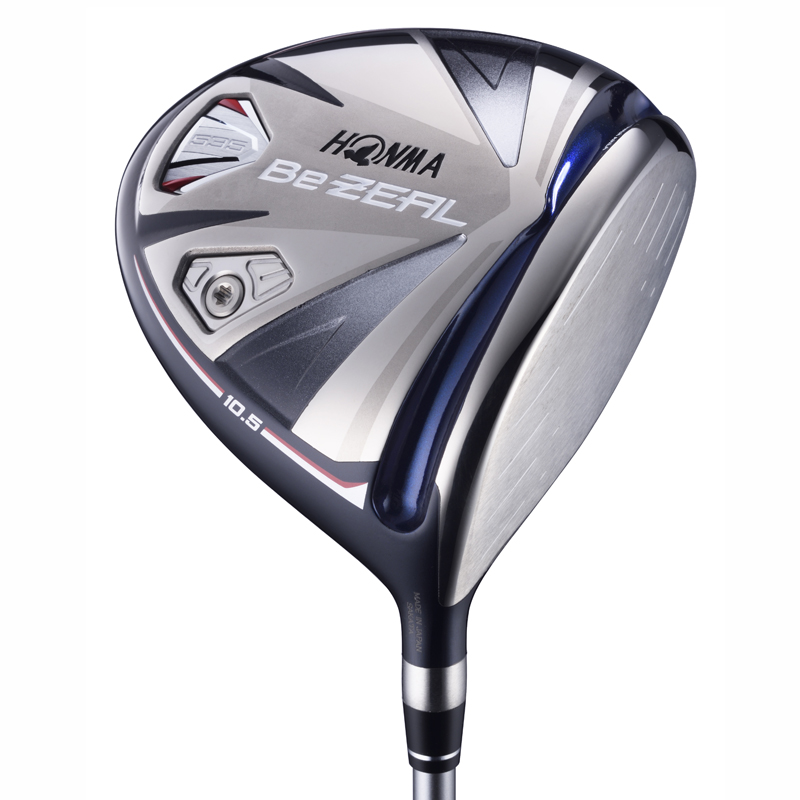
本間ゴルフ BeZEAL(ビジール)535 ドライバーの試打レビュー 口コミ

中古 ホンマゴルフ Be ZEAL 535 アイアンセット 中古クラブを

LinhDan様用Honma BeZEAL 535 アイアン (5本セット) 買い誠実 13720円
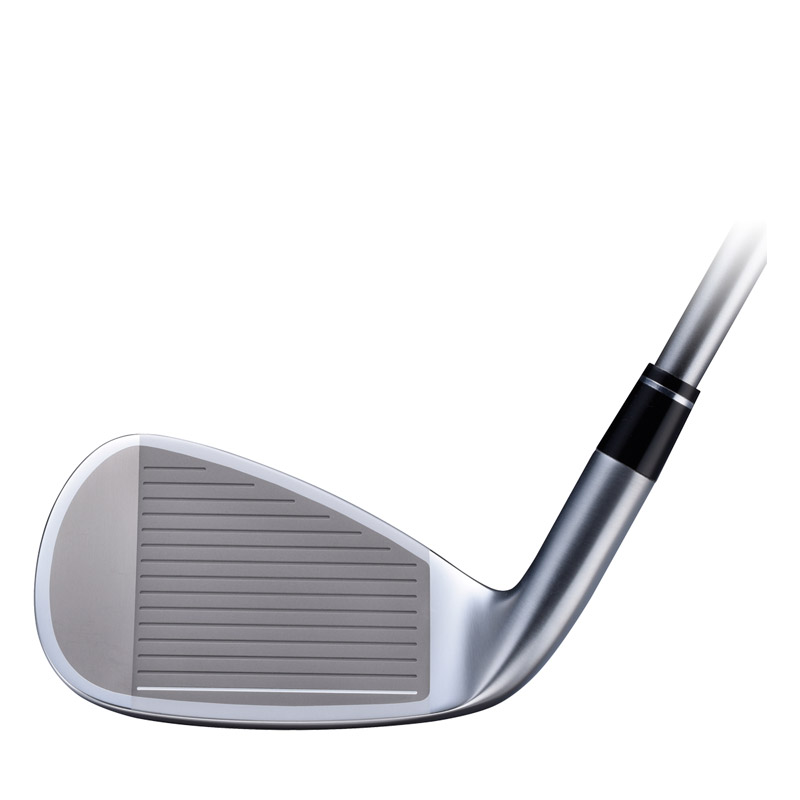
アイアン,Be ZEAL 535 Iron | HONMA直営オンラインショップ
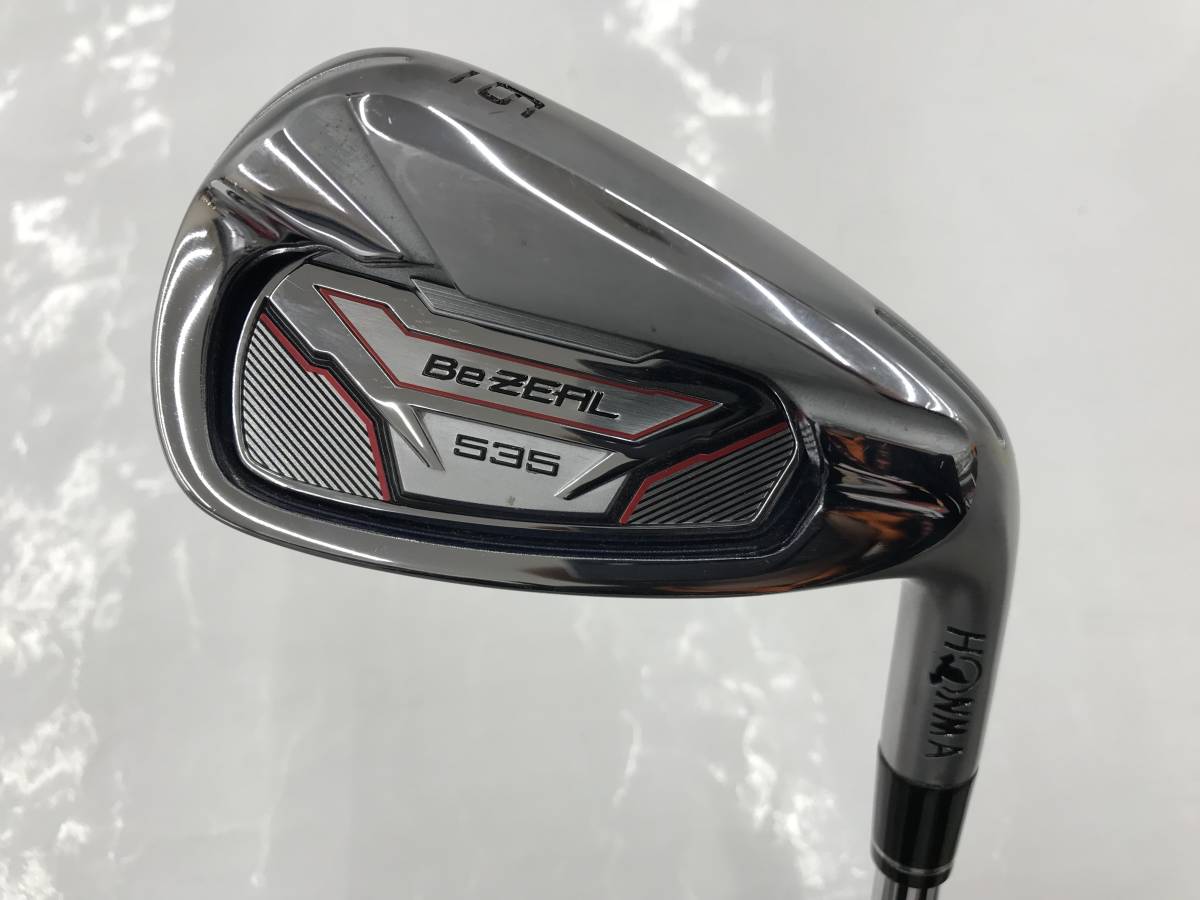
Yahoo!オークション - アイアンセット ホンマゴルフ Be ZEAL 535 fl...

ホンマ ビジール 535 1W | neumi.it

本間ゴルフ (ホンマゴルフ) Be ZEAL 535 ドライバー【10.5° 】/VIZARD
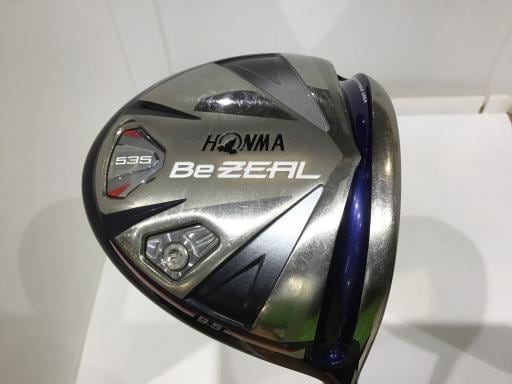
中古 ホンマゴルフ Be ZEAL 535 ドライバー 中古クラブを買う
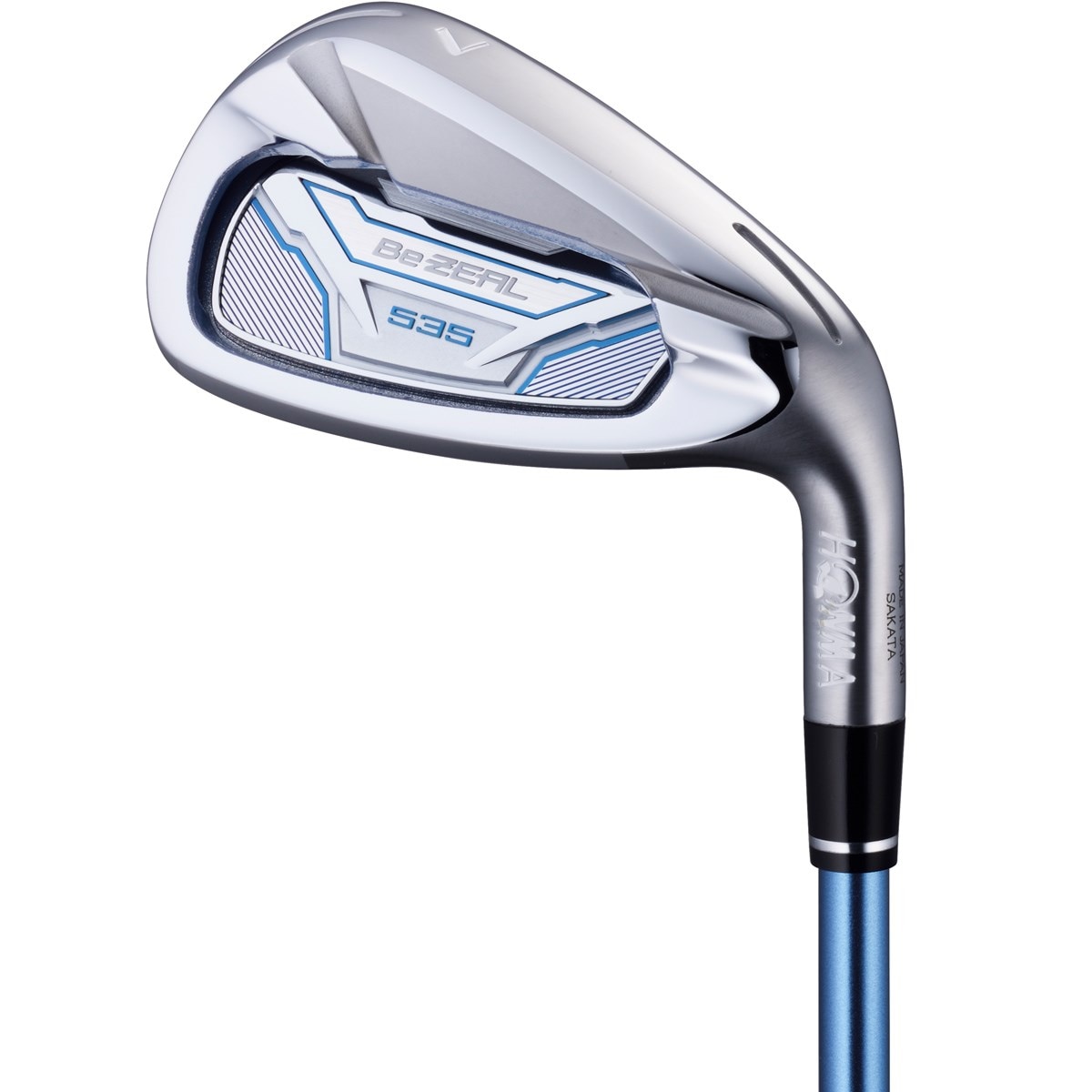
ビジール 535 アイアン(5本セット) VIZARD for Be ZEAL Ladies

楽天市場】中古 Cランク (フレックスS) 本間ゴルフ Be ZEAL 535 9.5

ホンマ Be ZEAL535 アイアン 5本組 カーボンシャフト│銀座de通販
本間ゴルフ Be ZEAL ビジール 535 アイアン VIZARD for Be ZEAL

Amazon.co.jp: 本間ゴルフ Be ZEAL ビジール 535 アイアン 単品

中古 ホンマゴルフ Be ZEAL 535 ドライバー 中古クラブを買う






商品の情報
メルカリ安心への取り組み
お金は事務局に支払われ、評価後に振り込まれます
出品者
スピード発送
この出品者は平均24時間以内に発送しています














